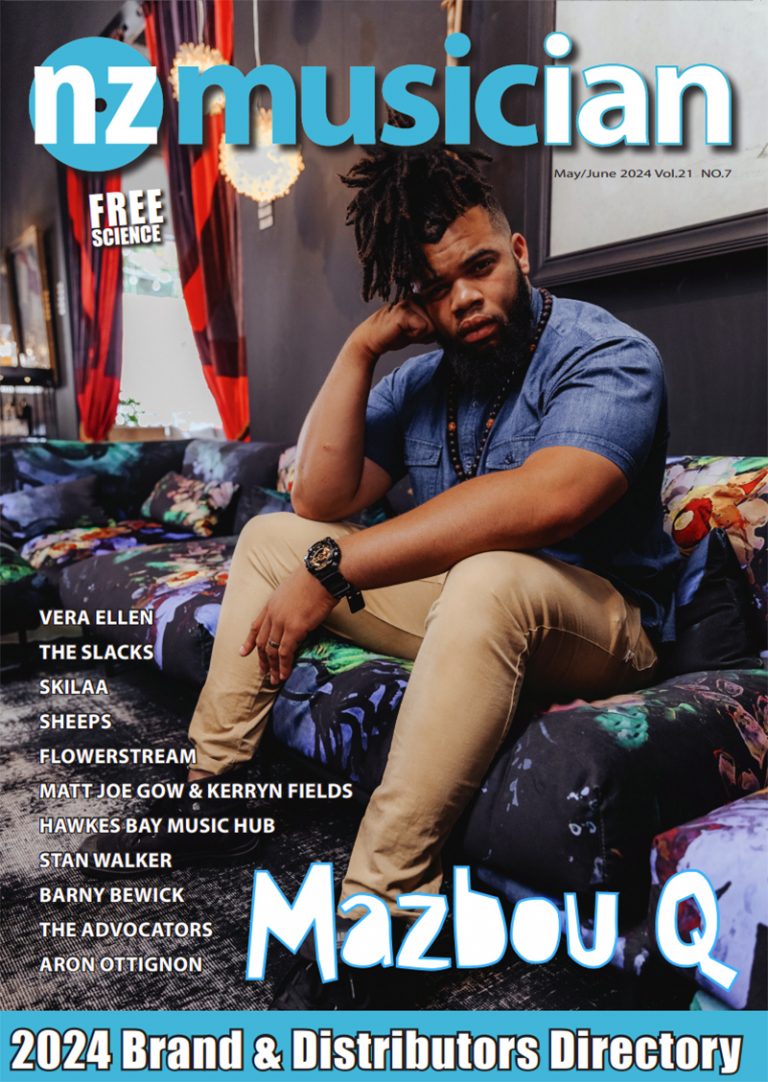Lawful Truth: Management Agreements – Part Two
Lawful Truth: Management Agreements – Part Two
The last column finished on the issue of a manager’s remuneration. In NZ and generally throughout the world, it is fairly standard industry practice that the manager will take 20% of everything the artist makes (including APRA income and royalties from record sales – but subject to a few other key exclusions).
Due to the fact that the manager is taking their cut from the total income, before any allowance has been made for costs, it would in theory be possible for the situation to arise where an artist may not have any money left after they’ve paid the manager their split, or may not even be able to pay the manager at all.
To help deal with this issue there are certain parts of an artists income that should be excluded when calculating managers’ commission. One of the main exceptions should be any money which is not really the artists to spend as they wish. For instance, any funding that a record company puts towards recordings or music videos may be regarded as income of the artist (for the purpose of working out what the label has advanced), but it is not actually money that the artist ever sees. For an artist to have to pay the manager 20% of any such money would definitely be unfair.
Another aspect of the artist’s income to be considered is the money received from playing live. It’s not uncommon that although a gig may generate a decent amount of revenue, the costs involved mean that the show barely breaks even, or even loses money. Consequently, some consideration should be given as to whether a manager’s commission from live performances rather than being on the gross income, should be assessed on the amount left after all directly-related costs have been paid.
When looking at the remuneration a manager is entitled to, a further important issue to be addressed is the income generated after that person has ceased to act as manager. The approach generally adopted these days is to provide over a set period of time for a decreasing commission rate from those projects the manager was involved in or set up during their time as manager. So for instance, in the first year after termination the former manager may receive their full 20%, but this will gradually reduce over time to a date after which the ex-manager is no longer entitled to any income.
Another important issue that should be clearly provided for in a management agreement is the territory to which the agreement relates.
Although most will be worldwide, it’s not uncommon to provide the ability to appoint third parties as management in specific territories where the main manager doesn’t have the necessary experience and contacts. If so, the process by which such a third party is to be chosen should also be carefully specified between the manager and the artist in the management agreement and some agreement will also need to be reached on how the main manager’s remuneration in respect of that territory is affected by the payments which will have to be made to the territory manager.
Defining a manager’s ability to act on their artists behalf is also important. Managers need to be able to do their job, but shouldn’t be able to make serious decisions on the artists career and future without consulting the artist. Given these issues it may just be appropriate that the manager only has the ability to confirm certain live performances while all other decisions must be discussed with the artist first.
A manager will incur direct costs when working on behalf of an artist. These can run from postage and phone calls right through to travel and accommodation expenses. It’s important that a management agreement sets a cap for the amount of expenses that a manager can incur in any month without the artists prior approval. It should also be clearly provided that the manager is responsible for any costs relating to running their own business, for instance office rental or phone and internet connection.
Given the importance of assessing income and expenses incurred across both the artist and the managers activities, it is also usual in management agreements to provide for either party to be able to audit the accounts of the other if there is ever any doubt about any of the income or expenses being declared or claimed.
A management agreement can go into as much detail as you like on the manager and artist relationship, but the above, plus the points covered in the last Lawful Truth column, are a guide to the major issues. Although these key points should always be covered, the exact detail and the other additional issues which are also included will very much depend on the situation.
David McLaughlin is a specialist music lawyer with Auckland law firm McLaughlin Law (www.mclaughlinlaw.co.nz).

